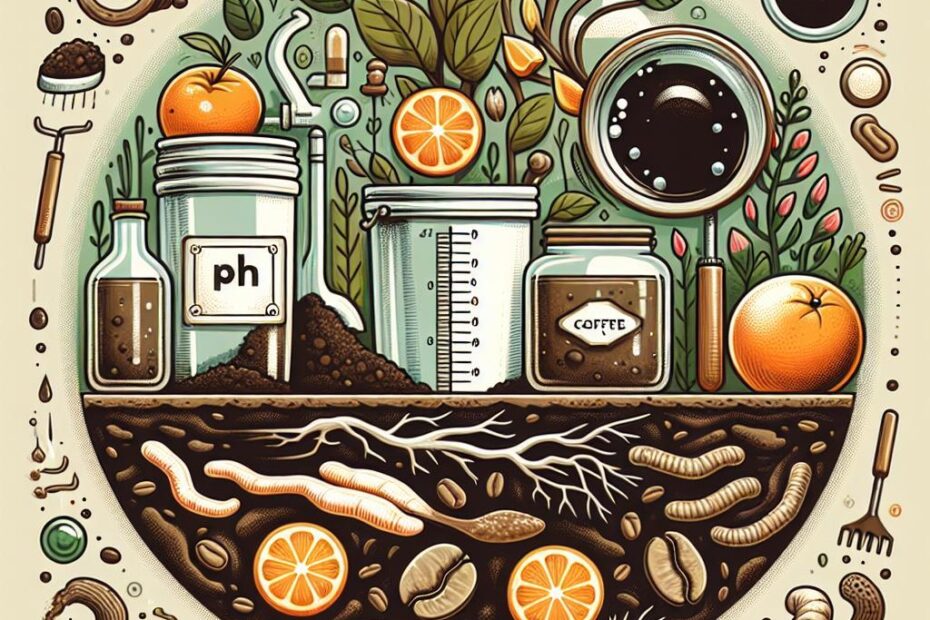Title: How to Lower Soil pH Organically: A Comprehensive Guide
Intro:
One of the most important factors that determine the health and productivity of your plants is soil pH. Soil pH refers to the acidity or alkalinity level of the soil, with pH levels ranging from 0 to 14. A pH level of 7 is considered neutral, while anything below 7 is acidic and anything above 7 is alkaline. Most plants thrive in slightly acidic soil, with a pH range of 6 to 7. If your soil pH is too high or too low, it can have a negative impact on plant growth and nutrient availability.
In this article, we will discuss how to lower soil pH organically, using natural methods to create a more acidic environment for your plants to thrive.
Benefits of Lowering Soil pH:
- Improved nutrient availability: Lowering soil pH can help make essential nutrients such as iron, manganese, and zinc more available to plants.
- Enhanced plant growth: Plants that prefer acidic soil will grow healthier and produce better yields with a lower pH.
- Disease prevention: Some plant diseases are more prevalent in alkaline soil, so lowering pH can help prevent these issues.
Practical Tips for Lowering Soil pH Organically:
- Use Organic Matter: Adding organic matter such as compost, leaf mulch, or manure can help lower soil pH naturally over time.
- Amend with Sulfur: Elemental sulfur is a popular method for lowering soil pH. It is important to follow recommended application rates as excessive sulfur can harm plants.
- Use Peat Moss: Peat moss is another organic material that can help acidify soil. Mix it into the top few inches of soil to gradually lower pH.
- Coffee Grounds: Coffee grounds are slightly acidic and can be sprinkled around the base of plants to lower pH.
- Pine Needles: If you have access to pine trees, using pine needles as mulch can help lower soil pH over time.
Case Study:
Sarah had been struggling to grow blueberries in her garden due to the alkaline soil in her area. After researching natural methods to lower soil pH, she decided to amend her soil with elemental sulfur and organic matter. Within a few months, she noticed a significant improvement in her blueberry plants, with healthier foliage and increased fruit production.
Firsthand Experience:
“I had tried using chemical amendments in the past to lower soil pH, but I found that they had negative effects on my plants. Switching to organic methods not only improved the health of my plants but also benefited the overall ecosystem of my garden.” – John, organic gardener.
Conclusion:
Lowering soil pH organically is a sustainable and effective way to create optimal growing conditions for your plants. By incorporating natural methods such as adding organic matter, using sulfur, and incorporating acidic materials like peat moss, coffee grounds, and pine needles, you can create a more acidic environment that promotes plant health and productivity. Experiment with these methods and find what works best for your specific soil conditions to achieve optimal results. Happy gardening!
